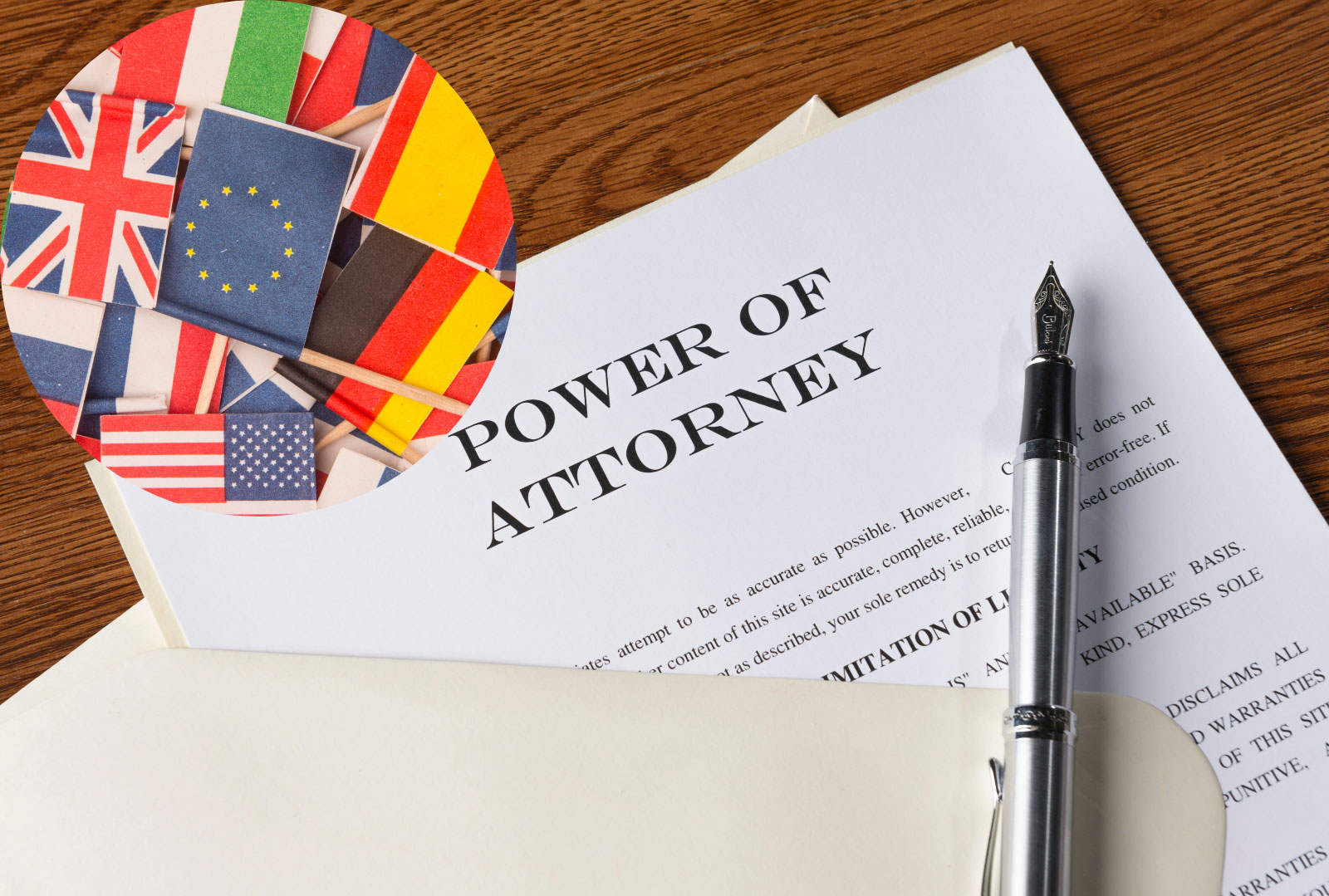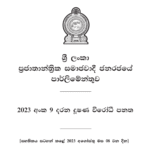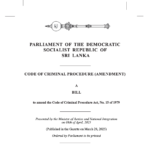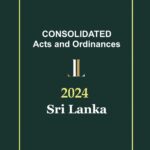To register a foreign power of attorney in Sri Lanka, it is essential to understand the legal framework and requirements as outlined in the context provided. The process involves several key steps and considerations based on the Sri Lankan legal system, particularly focusing on the Powers of Attorney Ordinance No. 4 of 1902, as subsequently amended, and the Indian Registration Act, 1908, for powers of attorney executed in India. Here’s a detailed breakdown:
- Legal Framework in Sri Lanka:
- The Powers of Attorney Ordinance No. 4 of 1902, as amended, governs the registration of written authorities and powers of attorney in Sri Lanka. This ordinance is primarily concerned with the registration process and does not extensively cover the execution of powers of attorney.
- Definition and Execution:
- According to Section 2 of the Powers of Attorney Ordinance, a “power of attorney” includes any written power of authority given by one person to another to perform any work, act, or carry on any trade or business. It must be executed before two witnesses or attested by a notary public, Justice of the Peace, Registrar, Deputy Registrar, Judge, Magistrate, Ambassador, High Commissioner, or other diplomatic representative of the Republic of Sri Lanka.
- Registration of Foreign Powers of Attorney:
- For a power of attorney executed outside Sri Lanka, such as in India, it must comply with the legal requirements of the country where it was executed. In the case of India, this would be under the Indian Registration Act, 1908.
- Upon execution in accordance with the foreign country’s laws, the power of attorney must then be registered in Sri Lanka to be recognized and effective. However, the context provided does not specify the exact process for registering a foreign power of attorney in Sri Lanka, implying that standard procedures for registration would apply, including submission to the relevant registry office.
- Case-Specific Considerations:
- The context mentions a specific case where a power of attorney executed in India was not registered in Sri Lanka nor tendered to the Registry with the second copy of the Deed marked PI for registration. This highlights the importance of ensuring that foreign powers of attorney are properly registered in Sri Lanka for them to be recognized and effective.
- Legal Advice:
- Given the complexities involved in registering a foreign power of attorney in Sri Lanka, including ensuring compliance with both the laws of the country where it was executed and Sri Lankan laws, it is advisable to consult with a legal professional. A licensed attorney can provide guidance on the specific requirements and assist with the registration process to ensure legal compliance.
- References:
- Latest Acts and amendments relating to Powers of Attorney in Sri Lanka, as per the information available up to 2024, are as follows:
- Powers of Attorney (Amendment) Act No. 3 of 2024
- Powers of Attorney (Amendment) Act No. 28 of 2022
- Powers of Attorney (Amendment) Act No. 14 of 2013
- Latest Acts and amendments relating to Powers of Attorney in Sri Lanka, as per the information available up to 2024, are as follows:
These amendments indicate ongoing legislative attention to the area of Powers of Attorney, suggesting changes or updates to how Powers of Attorney are regulated, executed, or applied within the legal framework of Sri Lanka. For specific details on what these amendments entail, one would need to refer to the texts of the amendments themselves or consult a legal professional.














